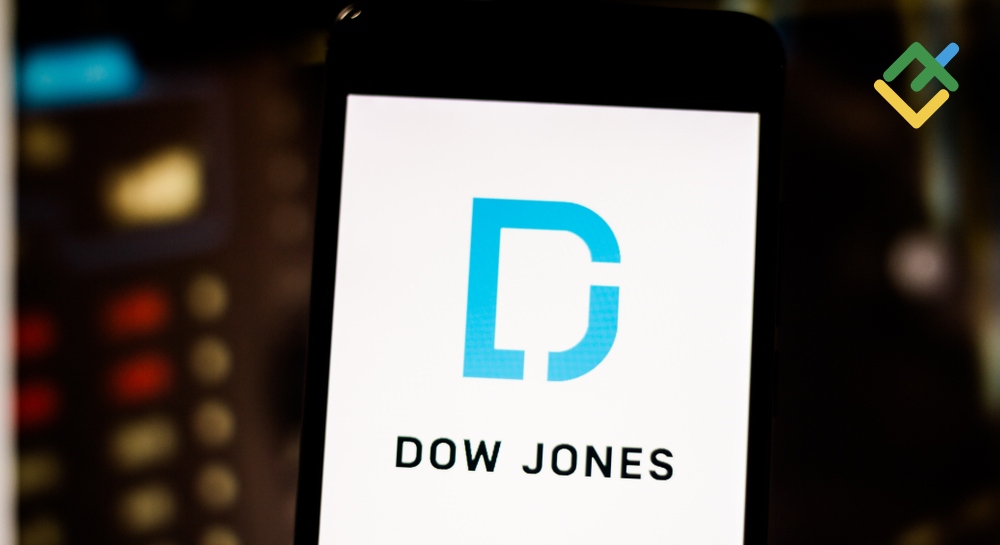Investing.com — Consumer-oriented and industrial stocks are most at risk from a potential oil supply shock, Barclays strategists said Tuesday.
While the likelihood of significant supply disruption is low, strategists believe investors should “remain on guard” as potential ripple effects of rising oil prices could have a material impact on equity markets, especially in sectors linked to consumer spending and industrials.
The bank’s commodities team highlighted the risks stemming from geopolitical tensions, especially around Iranian oil infrastructure.
Although Barclays assigns a low probability to a scenario in which Iran’s supply is significantly disrupted, such a shock could drive oil prices at least $15 higher per barrel, marking a potential 3.5-sigma event, which would surpass the oil price shock triggered by Russia’s invasion of Ukraine in 2022.
Such a scenario would potentially be “of material consequence to equities as their correlation with oil prices recently turned positive,” Barclays’s team noted.
Strategists also mentioned the differences between supply-driven and demand-driven oil price spikes, emphasizing that the current situation is more aligned with a supply shock.
Supply-driven increases typically weigh more heavily on consumer-oriented sectors due to higher gas and energy costs, which reduce discretionary consumer spending.
“Higher oil prices are felt by the consumer via gas and energy costs, which can lead to lower consumer spending in other areas,” the note states.
As for the impact on sectors, Barclays said its analysis of equity behavior during previous oil supply shocks suggests that Energy, Materials, and Utilities “are the clear winners” in these situations, while the losers “are not necessarily stocks with substantial input costs based on oil.”
Instead, the investment bank points out that consumer-oriented sectors such as Discretionary, Communication Services and Tech, and at a more granular level, the Consumer Services, Durables, Retail, and Telecom industry groups, tend to be at the highest risk.
“We think this is consistent with the viewpoint that, when faced with higher energy/gas costs, consumers will generally curtail spending in other areas,” strategists continued.
Therefore, the companies most affected by rising oil and commodity prices are typically those dependent on consumer spending, rather than those with high direct costs tied to oil and commodities.
This post is originally published on INVESTING.



